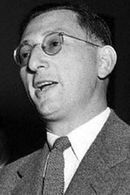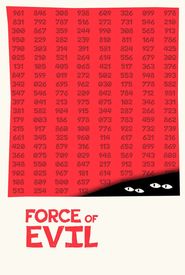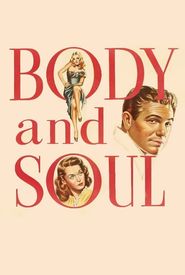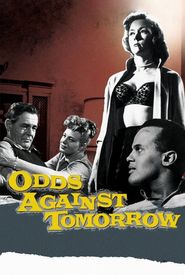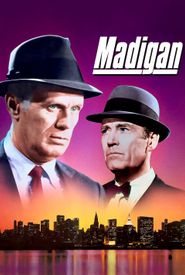Abraham Lincoln Polonsky, a prominent victim of the Hollywood blacklist, was born on December 5, 1910, in New York, New York. A lifelong Marxist, Polonsky was a member of the Communist Party and never hid his affiliation. During World War II, he worked with the Resistance in France as a member of the O.S.S. and was later named by former fellow O.S.S. member Sterling Hayden as a communist before the House Un-American Activities Committee (HUAC) in 1951.
Polonsky was an "auteur" of three great film noirs: Body and Soul (1947),Force of Evil (1948),and Odds Against Tomorrow (1959). He studied English at City College of New York and later attended Columbia Law School, where he taught English while matriculating. After graduation, he became a practicing attorney and was assigned to write a scene for Gertrude Berg's popular radio show "The Goldbergs." Berg was so impressed that she hired him as a writer, and Polonsky began his career in screenwriting.
Polonsky eventually left Berg and became a labor organizer, working with the Congress of Industrial Organization and organizing autoworkers at a General Motors plant. He also wrote his first novel, "The Discoverers," which remains unpublished. Paramount offered him a contract, and he was recruited by the O.S.S. during World War II, where he served as a liaison with the French underground.
After the war, Polonsky quit Paramount to work with John Garfield's Enterprise Productions, which had a collectivist philosophy. He wrote and directed Force of Evil (1948),which was hailed as a classic by cineastes. Garfield encouraged Polonsky to become a director, and he adapted a 1940 crime novel "Tucker's People" to write and direct Force of Evil.
Polonsky was blacklisted after his uncooperative appearance before HUAC in 1951 and did not direct another film until 1968, when he helmed the production of the revisionist Western Tell Them Willie Boy Is Here (1969). He continued to write screenplays and market them through fronts, but his work was not credited until 1968, when he was credited for the screenplay for Don Siegel's exegesis of police corruption, Madigan (1968).
After the release of Willie Boy, Polonsky entered "Fiddler on the Roof" territory and helmed the more light-hearted Romance of a Horsethief (1971). He retired from directing due to health concerns and continued to write screenplays until the end of his life.
Polonsky was rediscovered by scholars of the cinema after the tide of public opinion turned against the HUAC informers. However, he refused to cite the films that had been produced from his fronted-work screenplays, citing his promise to the men who had helped him during the blacklist. An unrepentant Marxist until his death, Polonsky publicly objected to director Irwin Winkler sanitizing his script for Guilty by Suspicion (1991) and to the Academy of Motion Picture Arts & Sciences awarding an honorary Academy Award to director Elia Kazan.
Abraham Polonsky died of a heart attack in Beverly Hills, California, on October 26, 1999, convinced that he had been exonerated by history. As the auteur of three classic films, he was right.
